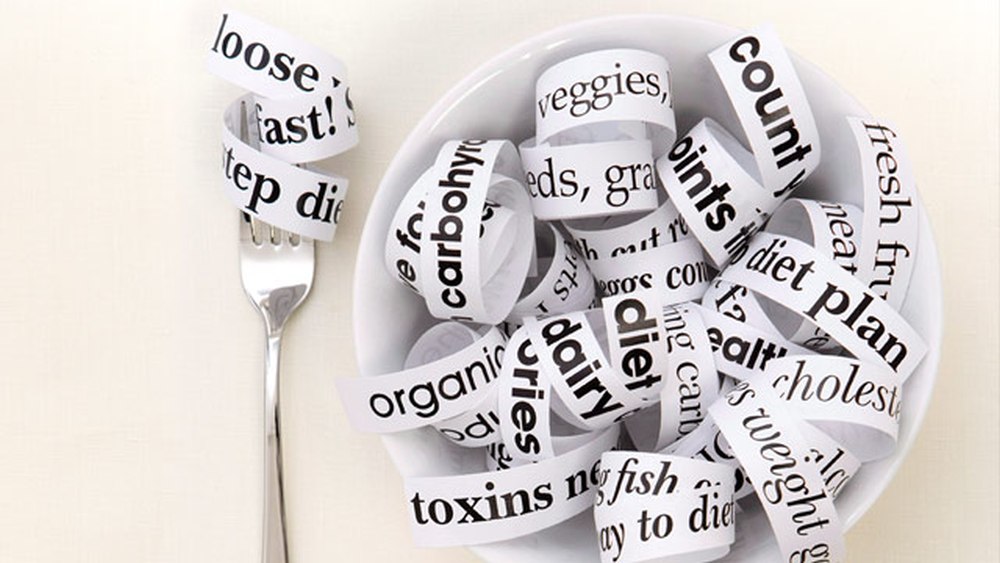
We’re in mid-January, and for many people, the good intentions are starting to waver. A few pernicious old habits might be creeping back in, and the steely resolve that gripped us two weeks ago starts to dissipate as life takes over.
Abstaining or giving something up doesn’t have to be difficult, nor does bringing in a new habit. There are some secrets to success. Personally, I’ve had my fair share of habits to break and form. In 2012, I gave up alcohol because my drinking was out of control. More recently I gave up lactose (and other things) following the results of a DNA test, and this year I’ve cut sugar out of my diet as I felt my sugar consumption was too high. I also have a reasonably strict exercise regime, aspects of which I’ll flex but other aspects I’ll maintain not matter what. In this blog post I’ll share with you the tips and techniques I use to stay on track.
Start small
Breaking a big goal down into smaller parts is a smart move. When I resolved to give up sugar, I set myself an initial target of a week. That then extended into another week, and once I’ve got a few weeks under my belt I’ll look at extending it. If a week seems too long, just set yourself a goal of one day. Short-term goals appear much more achievable. Identify the big goal, then break it down into time chunks or small steps. Start small, and start now.
Be realistic
Having watched some documentaries on animal welfare, I’ve decided to explore becoming a vegan. I know that for now, it’s not a realistic goal because whilst I have a vested interested in eating healthily, I am not so interested in the preparation of food. I also think you need to be very clear about your nutritional requirements as a vegan as there are a lot of food products you will no longer be eating. It would be unrealistic of me to decide to become vegan without doing a lot more research, so my plan is follow a vegetarian diet for a week, and taking it from there. That’s realistic, and small enough to be achievable.
Have a strong motivating factor
In the cases where I’ve seen people be most successful, it’s because they have a strong motivating factor that drives them. A school friend of mine has recently given up alcohol for 2017 because she’s fed up of the choices she makes when she’s been drinking. And I mean really fed up. This desire to take control of her life again drives her forward and gives her the strength to fight off temptation. You can’t be ambivalent if you want to succeed.
Consider adapting as a pathway to eliminating
Rather than cutting something our completely, consider cutting down as a first step. For example, if you want to decrease your caffeine intake, cut down to a single shot or reduce by a cup a day (or even a cup a week), until you’ve reduced your intake subtly. It can be easier to wean yourself off than go cold turkey, but people differ. Work out what works best for you, and go with that. It’s a long game.
Be patient
Take overeating or weight gain; it’s rarely quick. It can be, but usually it will be a slow but steady process of gaining weight, until you look at yourself one day and wonder how you got there. If you want to change those behaviours, you need patience. Unless you’re critically ill or dangerously overweight, there usually isn’t a hurry. Take the time upfront to plan your approach, set realistic and small goals and consider what could sabotage your success and plan for it. Identifying pitfalls early on can make all the difference.
Set yourself up for success
If your goal is to exercise more, then making sure you have exercise clothing to hand first thing in the morning, or have planned your workout so you can hit the ground running when you get to the park or the gym. Similarly, if your goal is to avoid sugar or alcohol for example, keeping an empty house free of sugar snacks and wine is a good start. In the early days, avoiding places where temptation might lie in wait is sensible. Build up some fortitude before putting yourself in challenging situations.
Celebrate after 7 days
A week is a great milestone to celebrate. That means whatever your intention, you’ve managed to get through a full seven days. Take a moment to celebrate getting seven full days and nights under your belt, no matter how small you might think a week is. It’s so important to celebrate the small wins along the way and recognise your success.
Retrain your brain
Our brains establish connections between places, people, thoughts, sounds, smells, etc. Quite often breaking or forming a habit relies on your brain making new connections or associations. I used to associate going into a pub with drinking, or even a log fire with red wine silly as that sounds, but I broke that connection by removing myself from that source for a while then re-establishing new connections. My blog post next week will focus on techniques to retrain your brain so look out for that.
Don’t let a relapse sabotage your success
If you fall off the wagon, miss your targets or fail in your intention, do not be deterred. Pick yourself up and reconnect with that strong motivational factor and go again. It’s very rare for anything to work the first time and you’ll need to see these setbacks as either part of your transformation, or as an opportunity to double-down on your efforts. Maybe you hadn’t planned things as tightly as you thought, or left too much to chance. Accept the odd relapse as part of the process and it will help not hinder you.
Leanne Spencer is an entrepreneur, coach, TEDx Speaker, author of Remove the Guesswork: the highly personalised approach to health, fitness and nutrition that puts you first, and founder of Bodyshot Performance Limited. Bodyshot is a health and fitness consultancy that uses innovative techniques such as DNA testing, wearable tech, biohacks and bespoke coaching to transform the lives of our clients. Visit www.bodyshotperformance.com or send an email to info@bodyshotperformance.com for more information or to register your interest in our services. Connect with us on Facebook, Instagram and Twitter.


